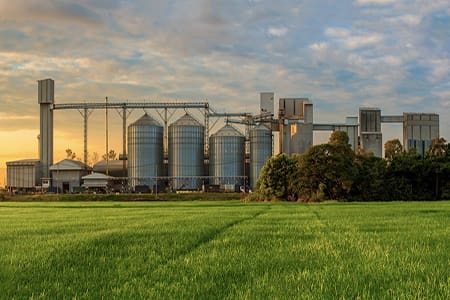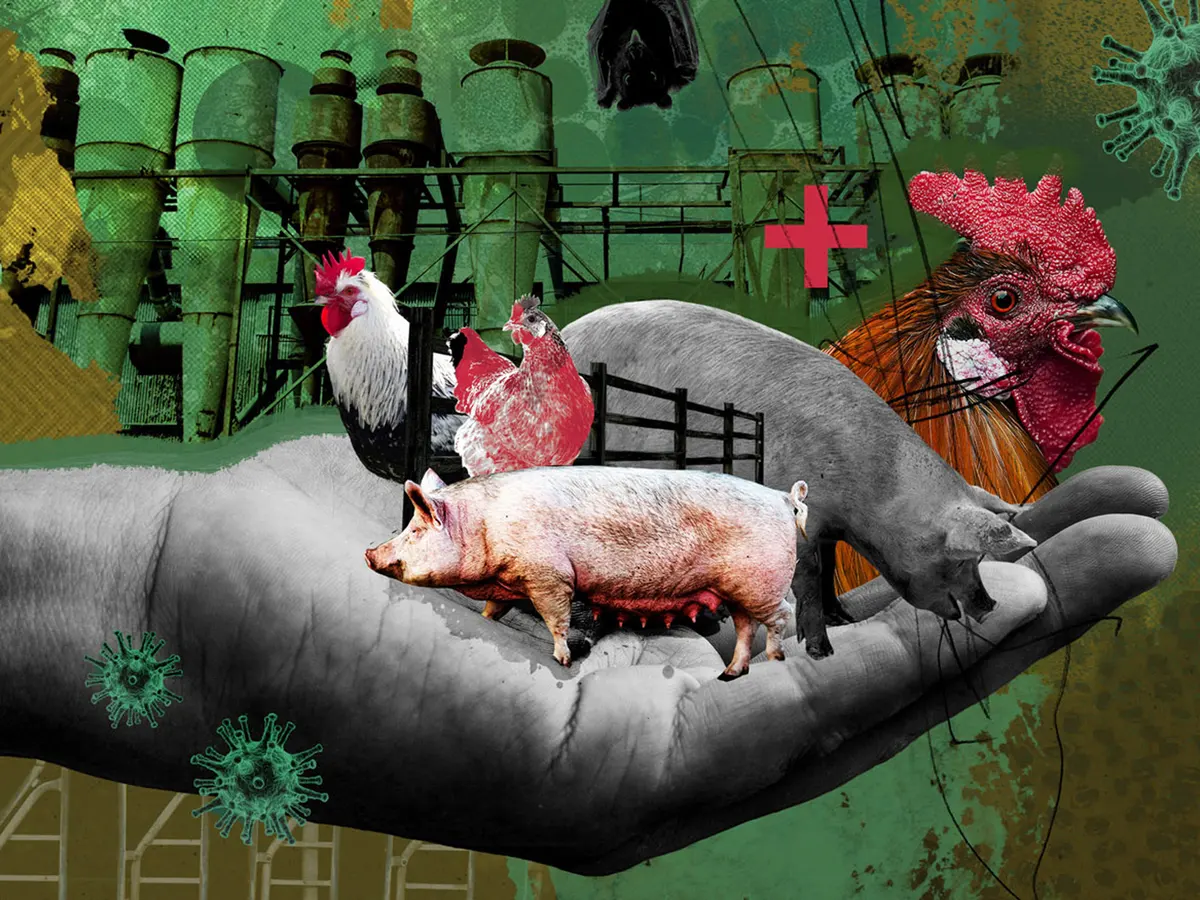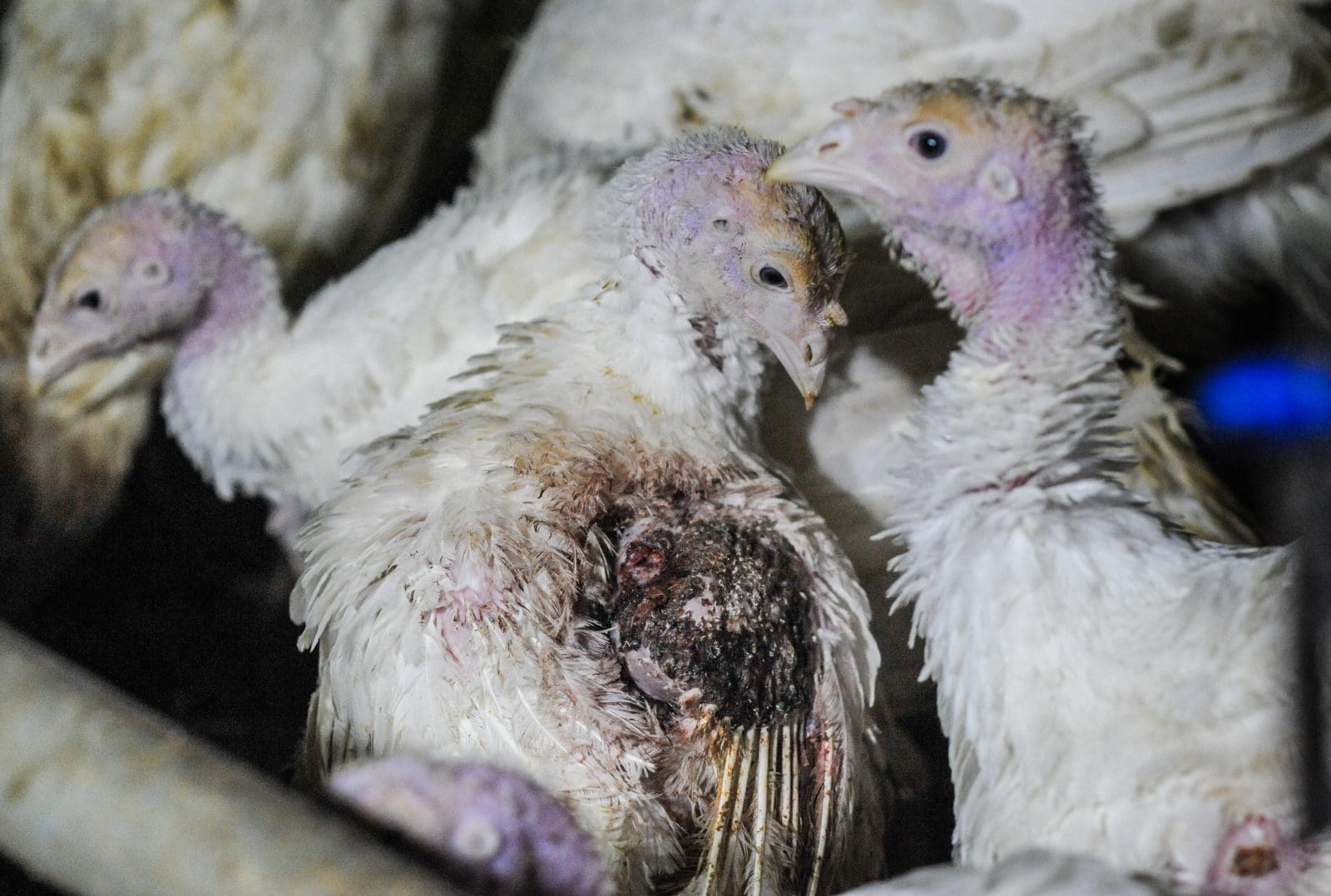The Public Health category provides an in-depth exploration of the critical intersections between human health, animal welfare, and environmental sustainability. It highlights how the industrialized systems of animal agriculture contribute significantly to global health risks, including the emergence and transmission of zoonotic diseases such as avian flu, swine flu, and COVID-19. These pandemics underscore the vulnerabilities created by close, intensive contact between humans and animals in factory farming settings, where overcrowding, poor sanitation, and stress weaken animal immune systems and create breeding grounds for pathogens.
Beyond infectious diseases, this section delves into the complex role of factory farming and dietary habits in chronic health issues worldwide. It examines how excessive consumption of animal-derived products is linked to heart disease, obesity, diabetes, and certain types of cancer, thereby placing immense strain on healthcare systems globally. Additionally, the rampant use of antibiotics in animal farming accelerates antibiotic resistance, threatening to render many modern medical treatments ineffective and posing a severe public health crisis.
This category also advocates for a holistic and preventative approach to public health, one that recognizes the interdependence of human well-being, animal health, and ecological balance. It promotes the adoption of sustainable agricultural practices, improved food systems, and dietary shifts towards plant-based nutrition as vital strategies to reduce health risks, enhance food security, and mitigate environmental degradation. Ultimately, it calls on policymakers, health professionals, and society at large to integrate animal welfare and environmental considerations into public health frameworks to foster resilient communities and a healthier planet.
The rise of veganism isn’t just a trend—it’s a lifestyle shift backed by compelling scientific evidence. Beyond its environmental and ethical appeal, adopting a vegan diet has been shown to deliver profound health benefits, from reducing the risk of chronic illnesses like heart disease and type 2 diabetes to improving digestion, weight management, and overall longevity. Packed with nutrient-dense foods like fruits, vegetables, legumes, nuts, and whole grains, plant-based diets offer a powerhouse of vitamins, minerals, antioxidants, and fiber that promote optimal well-being. In this article, we’ll explore the latest research on how going vegan can transform your health while addressing potential challenges to ensure balanced nutrition. Whether you’re considering the switch or simply curious about the science behind it all—read on to discover why a plant-based lifestyle might be the key to unlocking better health

























































